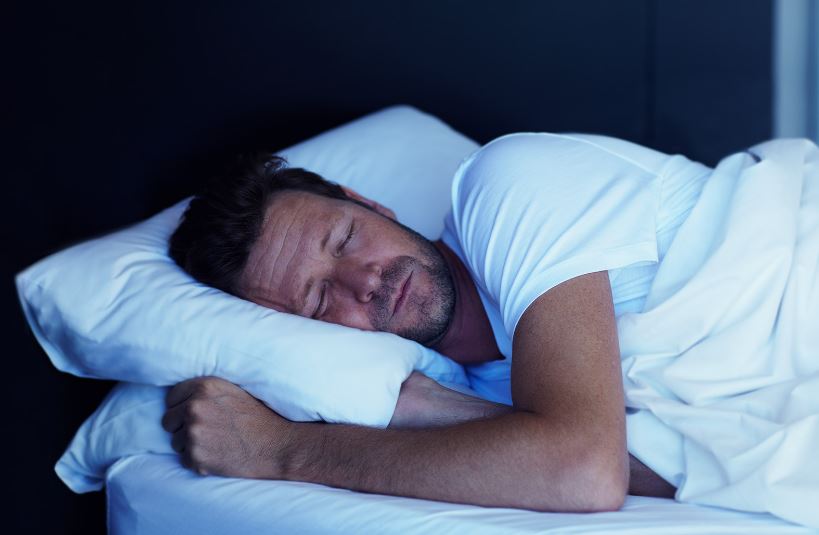Professor Suveer Singh
Respiratory Consultant
Specialist expertise: General Respiratory, Sleep and Ventilation Disorders, COPD, Asthma, Lung Cancer, Interventional Bronchoscopy, Intensive Care Medicine, Respiratory Medicine.
Sleep apnoea is a sleep condition in which patients stop breathing for short periods while sleeping, causing disruption to sleep architecture. Common symptoms include loud snoring and daytime tiredness. Untreated patients suffering from OSA increase their risk of developing serious health problems including strokes, heart failure, and hypertension. This risk rises in proportion to the severity of sleep apnoea so measuring the severity can guide treatment decisions.

Professor Michael Polkey, Sleep Medicine Consultant at OneWelbeck Lung Health gives an overview of obstructive sleep apnoea and how OSA can affect you.
Obstructive Sleep Apnoea can affect everyday life. Common day-time symptoms include excessive daytime sleepiness, impaired concentration, morning headaches, and mood irregularity (‘short fuse’). At night the symptoms include loud (e.g., loud enough to be heard in an adjacent room) snoring or grunting, sensations of choking in sleep, waking up gasping, and jerking movements. The disruptions to sleep caused by OSA has been associated with increased risk of patients developing more serious health conditions including strokes, heart failure, and hypertension.
Some individuals are more prone to developing OSA:
Other risk factors include:
There is also significant research that suggests between 30-50% of patients with high blood pressure, especially those requiring more than one drug for treatment, that snore have OSA. Individuals who smoke, or drink regularly also have a higher change of developing OSA.
Furthermore, there is now strong and emerging evidence that OSA is an independent risk factor for coronary heart disease, hypertension and stroke (estimated 2-4x increased risk). There is also evidence that successful treatment of OSA can reduce diastolic blood pressure by up to 5 mmHg in trials. Over time, this might have a profound impact on cardiovascular and cerebrovascular risk.
Professor Michael Polkey, Consultant in Sleep Medicine gives a short overview on the sunrise device and explains how OneWelbeck can offer this sleep diagnostic service to patients with sleep disturbance.
For patients experiencing sleep issues, the first step is to receive a consultation and set of diagnostic tests. Your appointment will comprise:
Following these tests, treatment with a device and/or other management strategies are discussed and arranged. This may involve referral to another specialty.
We see patients at all stages of their sleep journey, from initial self-referral with no prior medical tests through to GP referrals for specific conditions after diagnosis. We also see insured patients, but please make sure to check with your provider if your treatment is covered.
Alternatively, if you would prefer to receive just a consultation with one of our respiratory consultants we offer this for £300. This is also available to discuss prior test results or diagnoses.
For more information, please call us on 0203 653 2006, or email bookings.lunghealth@onewelbeck.com.
To book a consultation with one of our Neurologists, you can contact us at 0203 653 2045, or email bookings.neurology@onewelbeck.com.
Upon completing the OneWelbeck Sleep study, if there is a positive diagnostic for OSA there are a variety of treatments that will be advised by the sleep consultant based on the feedback from the diagnostics.
The gold standard treatment for OSA is the continuous positive airway pressure (CPAP) machine. This is a mask, connected to a machine, that will blow air through the nostrils and/or mouth throughout the night, keeping the airways open and the snoring at a minimum.
There is also the option for nasal and throat surgical sleep treatments for OSA. The patient will be notified if they have the option to undergo these once they have been assessed.
Any additional medical issues that are identified in the sleep study tests will be internally referred to the appropriate sub-specialty.
Currently selected day
Available consultations